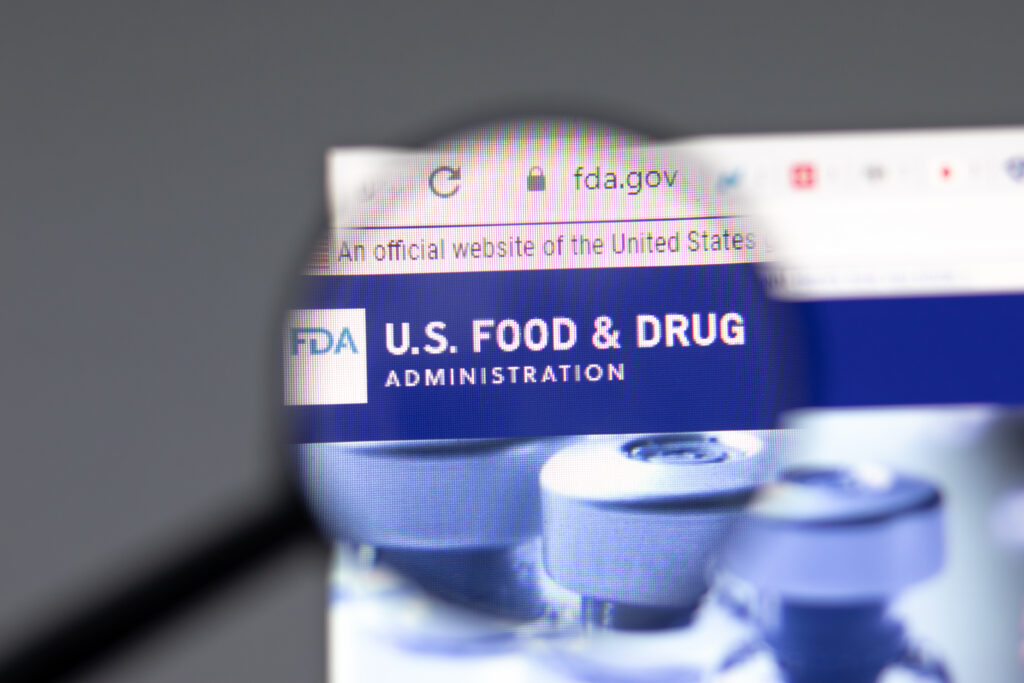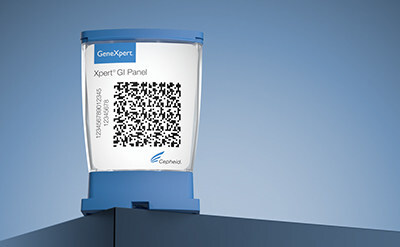Astellas Pharma has won approval from the US Food and Drug Administration (FDA) for Vyloy (zolbetuximab) as a first-line treatment for adults with advanced gastric or gastroesophageal junction (GEJ) adenocarcinoma.
The drug is specifically indicated for patients whose tumors are HER2-negative and express claudin 18.2 (CLDN18.2).
Vyloy is a first-in-class monoclonal antibody that targets the CLDN18.2 transmembrane tight junction protein, which is commonly found in some gastric and GEJ cancers.
Vyloy is approved to be used in combination with chemotherapy (fluoropyrimidine- and platinum-based) as a first-line treatment for patients with locally advanced, unresectable or metastatic forms of these cancers.
Gastric cancer often has a poor prognosis, especially in advanced stages. Approximately 38 percent of patients with advanced gastric or GEJ adenocarcinomas express the CLDN18.2 gene, and an estimated 60 percent of all gastric cancers harbor the protein.
The FDA had rejected Vyloy in January due to “unresolved deficiencies following its pre-license inspection of a third-party manufacturing facility” for the drug.
Related: Disrupting Cancer Cells on the Go: Novocure’s Optune Lua Device for Portable NSCLC Therapy
Astellas said the FDA did not raise any concerns about the clinical data for zolbetuximab and did not request a new study in its complete response letter to the company.
At the end of May, the FDA accepted the Japanese company’s resubmission of its biologics license application (BLA) for the drug.
The approval was supported by data from two pivotal Phase III trials — SPOTLIGHT and GLOW — where patients receiving Vyloy in combination with chemotherapy showed significantly improved progression-free survival (PFS) and overall survival (OS) compared to those receiving chemotherapy alone.
In the SPOTLIGHT trial, Vyloy extended median PFS to 10.6 months, compared to 8.7 months in the control group. Additionally, OS was improved to 18.2 months from 15.5 months.
The GLOW trial also showed similar benefits, with PFS reaching 8.2 months for the Vyloy group, compared to 6.8 months for the control group.
Alongside the drug, the FDA also approved a companion diagnostic test, the VENTANA CLDN18 assay by Roche, to identify eligible patients for the therapy.
Astellas acquired Vyloy through its $1.4 billion purchase of Ganymed Pharmaceuticals in 2016.
Despite the regulatory hurdles in the US, Vyloy already has approvals in several international markets, including Japan, where it received approval from the Ministry of Health, Labour and Welfare in March.
CLDN18.2 has gained significant traction in the oncology space, drawing attention from major players like AstraZeneca, Leap Therapeutics, Legend Biotech, Moderna and others, as they look to develop therapies targeting the biomarker.
Last year, AstraZeneca dished out $63 million to KYM Biosciences for the global rights to a CLDN18.2-targeting antibody-drug conjugate. AstraZeneca first entered the waters after striking a $25 million deal with Harbour BioMed in 2022.
On the other hand, Merck & Co. appears to be taking a step back in the field as it returned global rights to Kelun-Biotech for its CLDN18.2-directed ADC SKB315. Despite the return, in August, Kelun said its drug had shown positive efficacy and acceptable safety in CLDN18.2-expressing gastric cancer during early-stage testing.
If you want your company to be featured on Xtalks.com, please email [email protected].












Join or login to leave a comment
JOIN LOGIN